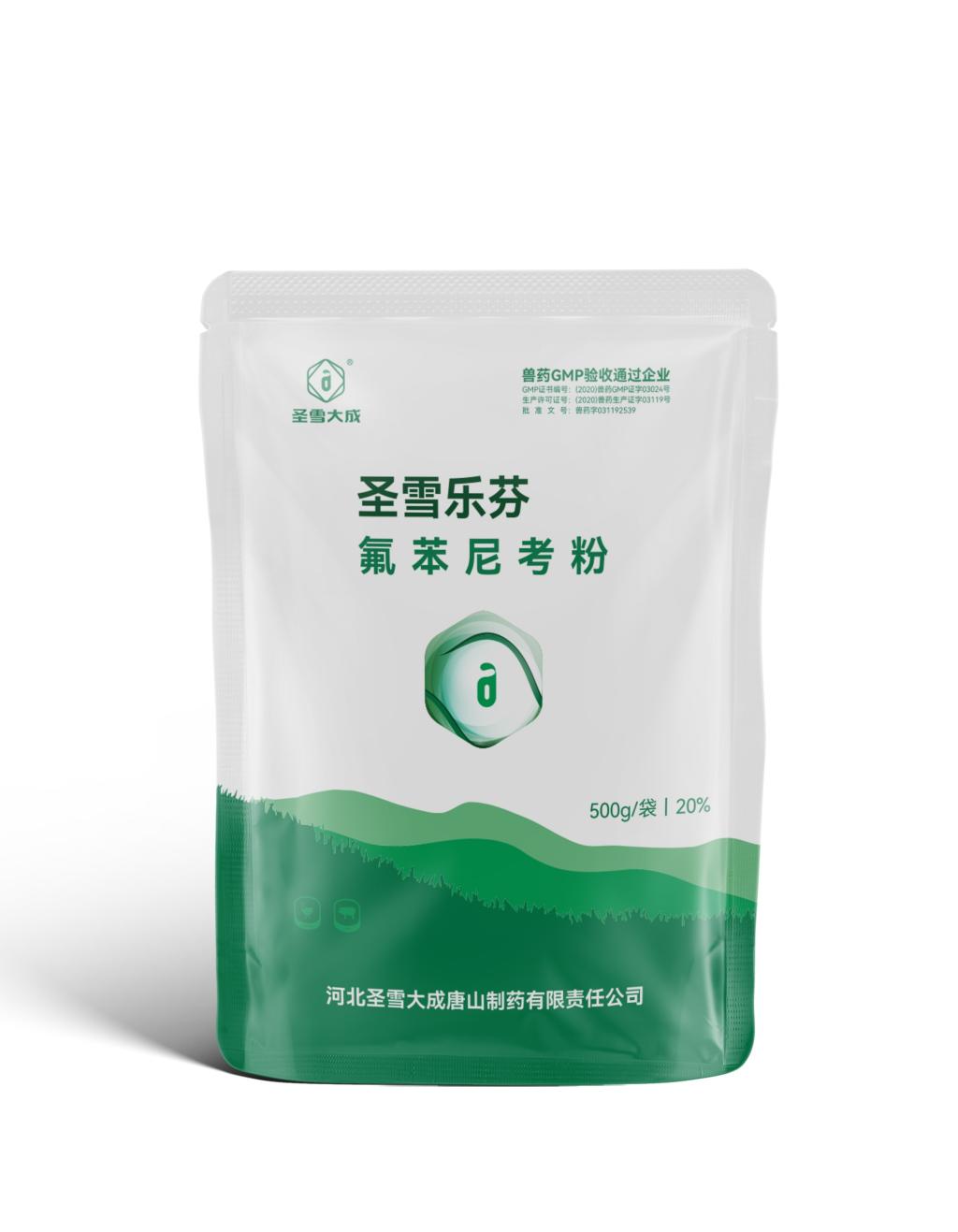Tel:+8618231198596

News
 CONTACT
CONTACT
 CONTACT
CONTACT
- Linkman:Linda Yao
- Tel: +8618231198596
- Email:linda.yao@dcpharma.cn
- Linkman:CHARLES.WANG
- Department:Overseas
- Tel: 0086 0311-85537378 0086 0311-85539701
News
The impact of Florfenicol Powder on the gut microbiota of animals is an area of study.
TIME:2024-10-16
Understanding Florfenicol and Its Mechanism of Action
Florfenicol inhibits bacterial protein synthesis by binding to the 50S ribosomal subunit, thereby preventing the translocation of peptidyl-tRNA from the A site to the P site during the elongation phase of protein synthesis. This mechanism is highly effective against a wide range of Gram-positive and Gram-negative bacteria, including Pasteurella multocida, Actinobacillus pleuropneumoniae, and Streptococcus spp., which are common pathogens in livestock and aquaculture.
The Importance of Gut Microbiota in Animals
The gut microbiota, also known as the gut flora, is a complex community of microorganisms, including bacteria, archaea, fungi, and viruses, that reside in the gastrointestinal tract. These microorganisms play essential roles in:
Nutrient Metabolism: They aid in the digestion and absorption of nutrients, producing vitamins (e.g., B vitamins and vitamin K) and short-chain fatty acids (SCFAs) that are vital for host health.
Immune System Development: The gut microbiota helps in the development and maturation of the immune system, influencing both innate and adaptive immune responses.
Pathogen Defense: A balanced and diverse gut microbiota can prevent the overgrowth of pathogenic microorganisms by competing for nutrients and attachment sites, and by producing antimicrobial substances.
Behavior and Health: Emerging research suggests that the gut microbiota can influence behavior, stress response, and even the development of certain diseases, such as inflammatory bowel disease (IBD).
Impact of Florfenicol on Gut Microbiota
The use of florfenicol can have several effects on the gut microbiota of animals, which may vary depending on factors such as the dose, duration of treatment, and the specific animal species. Some of the key impacts include:
Microbial Diversity: Studies have shown that florfenicol can reduce the diversity of the gut microbiota, leading to a less stable and potentially more susceptible microbial community. A decrease in diversity is often associated with an increased risk of dysbiosis, where the balance of beneficial and harmful microorganisms is disrupted.
Shifts in Microbial Composition: Florfenicol can cause shifts in the composition of the gut microbiota, favoring the growth of certain bacterial groups while suppressing others. For example, it may lead to an increase in the abundance of resistant or opportunistic pathogens, such as Escherichia coli and Enterococcus spp., and a decrease in beneficial commensal bacteria, such as Lactobacillus and Bifidobacterium spp.
Development of Antimicrobial Resistance: The use of florfenicol can contribute to the development and spread of antimicrobial resistance (AMR) among gut bacteria. Resistant bacteria can persist in the gut and potentially be transmitted to other animals or humans through the food chain, posing a significant public health risk.
Metabolic Changes: Alterations in the gut microbiota can lead to changes in the production of SCFAs, which are important for maintaining the integrity of the intestinal barrier and providing energy to colonocytes. Reduced SCFA production can affect the host's metabolism and immune function.
Case Studies and Research Findings
Several studies have investigated the impact of florfenicol on the gut microbiota of different animal species:
Cattle: In a study involving dairy calves, the administration of florfenicol was found to alter the composition of the fecal microbiota, with a reduction in the relative abundance of Firmicutes and an increase in Proteobacteria. The changes were associated with a temporary decrease in the diversity of the gut microbiota.
Swine: Research on weaned piglets treated with florfenicol showed a significant shift in the gut microbiota, with an increase in the relative abundance of Escherichia-Shigella and a decrease in Lactobacillus spp. The changes were linked to an increased susceptibility to post-weaning diarrhea.
Fish: In aquaculture, the use of florfenicol in fish has been shown to disrupt the gut microbiota, leading to a reduction in the diversity and richness of the microbial community. This can affect the fish's ability to digest feed and absorb nutrients, potentially impacting growth and overall health.
Challenges and Considerations
While the use of florfenicol is necessary for the treatment of bacterial infections in animals, there are several challenges and considerations to keep in mind:
Responsible Use: The responsible use of antibiotics, including florfenicol, is essential to minimize the impact on the gut microbiota and reduce the risk of AMR. This includes using the lowest effective dose for the shortest possible duration and avoiding the prophylactic use of antibiotics.
Alternatives and Complementary Strategies: Exploring alternatives to antibiotics, such as probiotics, prebiotics, and phytogenics, can help maintain a healthy gut microbiota and reduce the need for antimicrobial treatments.
Monitoring and Surveillance: Regular monitoring of the gut microbiota and the prevalence of AMR in farm animals is important for early detection of any adverse effects and to guide the implementation of appropriate management practices.
Regulatory Guidelines: Adhering to regulatory guidelines and best practices for the use of antibiotics in veterinary medicine is crucial to ensure the safety and efficacy of these drugs while minimizing their impact on the gut microbiota.
Conclusion
The impact of florfenicol powder on the gut microbiota of animals is a critical area of study, given the importance of the gut microbiota in maintaining the health and well-being of animals. While florfenicol is an effective antibiotic, its use can lead to alterations in the gut microbiota, including reduced diversity, shifts in microbial composition, and the development of AMR. To mitigate these effects, it is essential to promote the responsible use of antibiotics, explore alternative strategies, and implement robust monitoring and surveillance programs. By doing so, the veterinary and agricultural industries can continue to benefit from the therapeutic properties of florfenicol while safeguarding the health of animals and the broader ecosystem.
- Tel:+8618231198596
- Whatsapp:18231198596
- Chat With Skype







